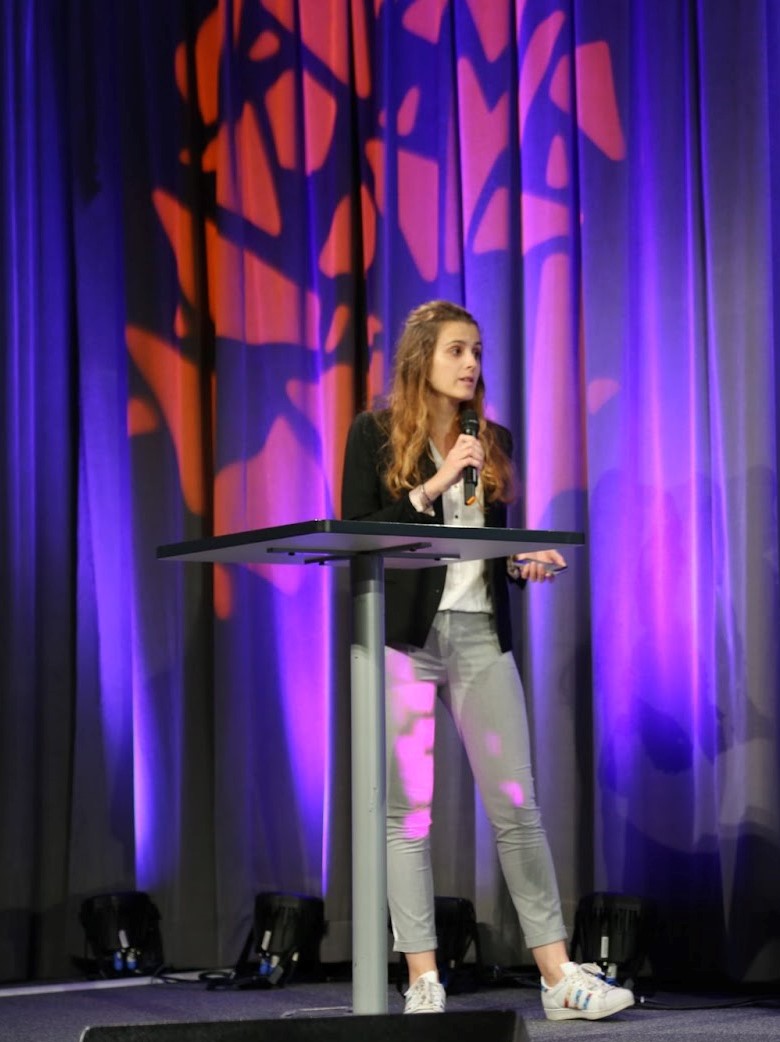Interview with Marine Lanteri, Community facilitator for collaborative knowledge building in the Hub
date: 18/12/2023

What is your role in the European Digital Education Hub?
Together with my colleagues from the Learning Planet Institute, I facilitate knowledge building activities through our Teachers as Researchers channel on the Hub. Every month, I organise a weekly session where all actors of education can come to brainstorm on challenges they are facing in their own digital education context (on their own or with their team). I am here to guide them in the resolution of these challenges through the use of collaborative research methodologies. We help them identify and describe their issue (i.e., identify research question), then identify, describe and implement potential actions (i.e., research hypothesis) that they can experiment in their own context. And finally we help them gather feedback on what works or does not in specific educational context. At first, we mainly worked with teachers when we first implemented this collaborative method (hence the name), but we welcome all actors of education willing to engage in the transformation of their digital pedagogy practices and actively reflect on what they are doing.
What is your experience in digital education?
I have a PhD in English didactics. My research project was focusing on the technopedagogical use of digital tools (such as Interactive whiteboards and tablets) in the English classroom in primary and secondary schools in France. Through this action-research I conducted, I really enjoyed collaborating with teachers to help them develop their digital skills for their pedagogical needs. I also worked for five years in a University pedagogical department supporting university teachers in the development of their pedagogical skills.
Which topic on digital education are you most invested in?
My main interests are the professional development of teachers, the transition of pedagogical practices in Universities, and the engagement of educators in research.
What is your vision for the Hub?
I think the Hub should invest in the collaboration of different actors of education (researchers, teachers, educators, students, policy makers) to develop solutions that are most adequate on all grounds, bridging together research and theory with ground practices and policy making.
Tell us your biggest highlight working on the Hub so far.
What’s unique about the hub is that you get to collaborate with educators from all over Europe (and even all over the world!). We can align our visions on digital education, share our challenges and the potential solutions to do things better, so that we do not have to reinvent the wheel every time we encounter a difficulty.
